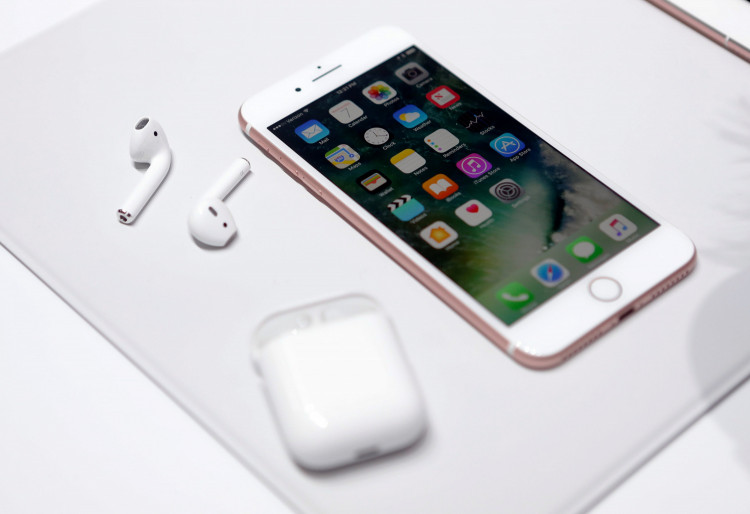Remember last year's controversy revolving around Apple's acknowledgment that it had purposefully inhibited iPhone performance when the battery was close to the end of its usefulness. Unfortunately: Apple will continue the practice with the iPhone 8, 8 Plus, and X.
The reports of the throttling first surfaced last December, Apple said it had started the practice in 2016 as a way to elongate the lives of iPhones.
One of the reasons we find the device shutting down is because the lithium-ion battery degrades over time, cold weather or high current demands. However, Apple got creative on this one, they were able to push a software update that is intended to keep iPhones from sporadically turning off.
The software works by limiting how much strain they could put on the battery in the first place. But as Apple did this, they forgot the important step of making it extremely clear to tens of millions of iPhone owners that an invisible boot would slam on the brakes as the battery aged.
The other thing that Apple neglected is they did not give those iPhone owners the option to turn that throttling off, in the event that they wanted the phone that they bought to work at the speeds they expected, regardless of the tradeoffs.
Following the huge uproar we've seen, Apple has eventually addressed those concerns. It has done this by instituting a battery replacement program. This is part of the reason we've seen the price of a new battery for an iPhone 6 or later dropping from $79 to $29, even if you're out of warranty.
Also, in its iOS 11.3, released in March, Apple included the option to turn off what it calls "peak performance capability."
Verge reported that Apple also indicated to Congress that the iPhone 8, 8 Plus, and X "include hardware updates that allow a more advanced performance management system that more precisely allows iOS to anticipate and avoid an unexpected shutdown."
There's also a company support page that doubled down, indicating that a "different performance management system that more precisely allows iOS to anticipate and avoid an unexpected shutdown" for the recent iPhones.
However, it was not definitively that the iPhone 8, 8 Plus, and X would avoid the throttling altogether. But the same page made it clear this week that they have not. As of iOS 12.1, released Tuesday amid a flurry of new iPads and heralding an inclusive generation of emoji, last year's iPhones will face 2016's performance limits, this will happen as the phone ages.
But you now have an option to decide whether your phone will get the new treatment. Throttling is a word that has a bad reputation. However, if you don't use your iPhone for intensive tasks and prefer that it is not randomly shut down on occasion, you should at least give it a shot.






